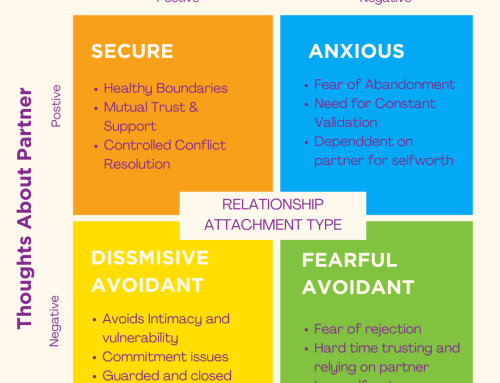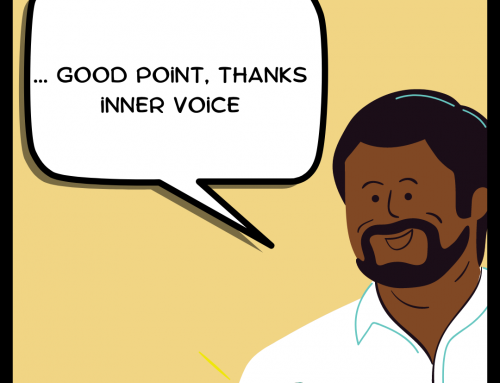Co-parenting after divorce
You’re not on your own if you’re finding co-parenting after divorce difficult – as with all parenting – there is no manual.
Separation and divorce can be incredibly stressful, and even more so when there are children to consider. As parents, we seek to keep children safe, but when separation occurs, this includes providing stability and security.
It’s easy to worry that we’ve somehow hurt a child by separating. The reality is that the last two years have placed unprecedented pressure on families – resulting in a high rate of divorce. January sees a peak in separation after the festive break, which for some, highlights the cracks in a relationship rather than bringing them together. Sometimes, it just doesn’t work.
Focussing on the future is the key to helping you and your child to thrive – co-parenting is a great way to support your child’s well-being, which will make you feel good too.
What is co-parenting?
Co-parenting is when both parents take an active role in raising children. Co-parenting can be very positive for a child unless there is a good reason not to, such as violence or criminal activity.
Managing a relationship with another parent after separation is difficult, but doing this successfully has a strong influence on a child’s well-being. It won’t be easy, but there is every reason to build a co-parenting relationship for your child/ren.
Establishing trust in a co-parenting relationship takes time, but by trying hard despite your differences – you are giving your child a strong message – you love them and they are safe.
Think of this new co-parenting agreement as completely different to what you had as a couple – laying emotion to the side when possible. Some people say that it helps to treat it as a work arrangement where you keep it professional in the most difficult situations.
Your children are your priority, which will drive you to make it work.
Remove the guilt of separation by remembering that if the environment has improved for the child (no shouting/arguing/sadness) in the household – you may have improved their world.
Co-parenting can be positive for children
The benefits to children when parents work together are vast and include:
Mental health – Effective co-parenting can prevent anxiety, depression, and reduce the risk of ADHD.
Security – A child’s self-esteem builds when they feel loved by both parents and conflict is reduced; they often adjust to changes in living arrangements quicker too.
Inspired by role models – You’re teaching your child without knowing it. The way you handle conflict and change helps them problem-solve as they grow.
Better behaviour – Co-parenting offers more consistency and communication around acceptable behaviour, rules, and boundaries, resulting in better results due to consistency (the same message).
Co-parenting advice
Focus any emotion around the child’s well-being, not old arguments. What is happening now and what would you like the future to be like? Your emotions need an outlet to stop them coming out in co-parenting – a therapist can help you rather than bringing them up with an ex.
Keep disagreements private. Try not to send messages through your children or talk negatively about your ex in the heat of the moment. A calm conversation with a child who feels let down or needs to talk is okay – listen and let them know they can talk to you. They need your ability to be an adult to help guide them through complex emotions – this can sometimes mean encouraging them to talk to your ex-partner and co-parenting to encourage communication.
Set the tone for co-parenting. As previously mentioned, a business-like tone and agreement works well and removes emotion – setting an intention to focus on the job at hand – your child. Build trust with each other again by making requests, listening, removing emotional outbursts, talking only about the child, and rearranging a discussion if it gets heated. Try not to find fault – develop trust.
Be consistent. Co-parenting works well when the same rules, discipline, and schedule are followed. Children will not play parents off each other if they know it won’t work. Boundaries help children to feel safe. Encourage respect of both parents – that includes the way you speak too.
Communicate. From school letters to medical appointments, it’s essential to communicate. You can ask schools to send messages to both parents, but this needs a jointly agreed response. Alternatively, designate one parent initially and one emergency contact. Agree to communicate all letters and discuss your approach. Always state costs before items are purchased, rather than demanding 50% after (when possible). Remember, it might be worth letting minor disagreements go to have more impact on those issues you feel strongly about.
Drop off only. It’s better for the child and parent if a child is dropped off when their visitation ends – not ferried around by one parent – as this can seem unbalanced and interrupt the flow of a moment (where a parent collects as dinner is served). Life is fluid; things make people late, so unless it concerns a hard time for work or a club, flexibility helps.
Help with co-parenting
If you’re finding it difficult to co-parent, you can get help.
You can have therapy for you, both parents, children, or as a co-parenting unit to open conversation and agree on common grounds together. It’s courageous to admit that you need support, and more importantly, you are putting your children first when you seek help.
If trust has broken down or a child hasn’t seen a relative or parent for some time, it can help to have supported contact. This option means that you aren’t in the room, but a trained child support professional is in the room with your child and the person they wish to visit.
Do you need supported contact? If so, you can click here to learn more.
Would you benefit from therapy? If so, you can click here to learn more.
If you’re ready to look for a new partner, you might find this recent ITV interview with our founder, Christian Dixon, of interest.





